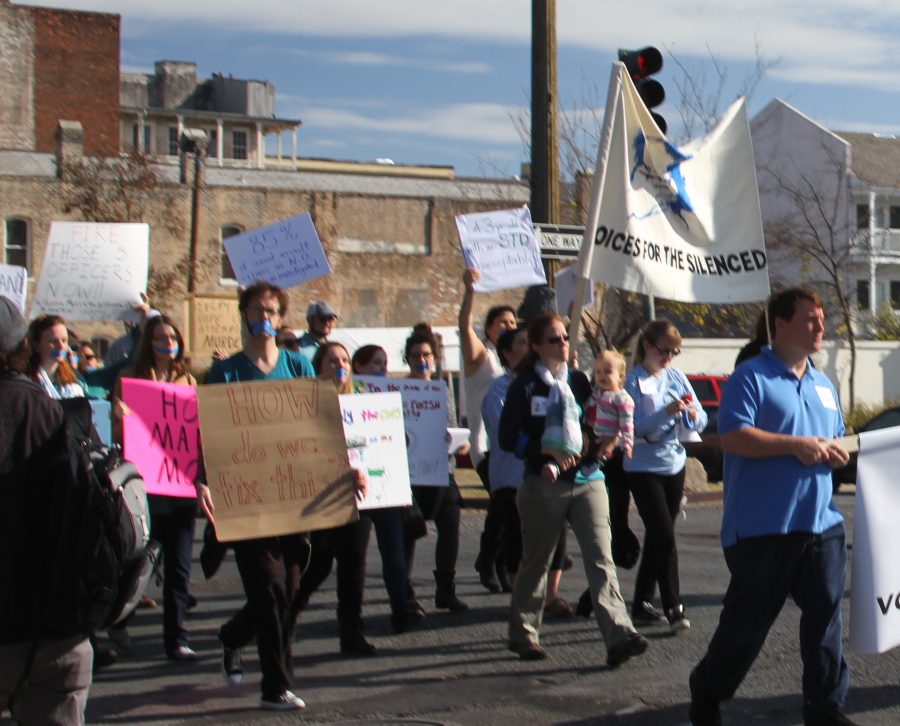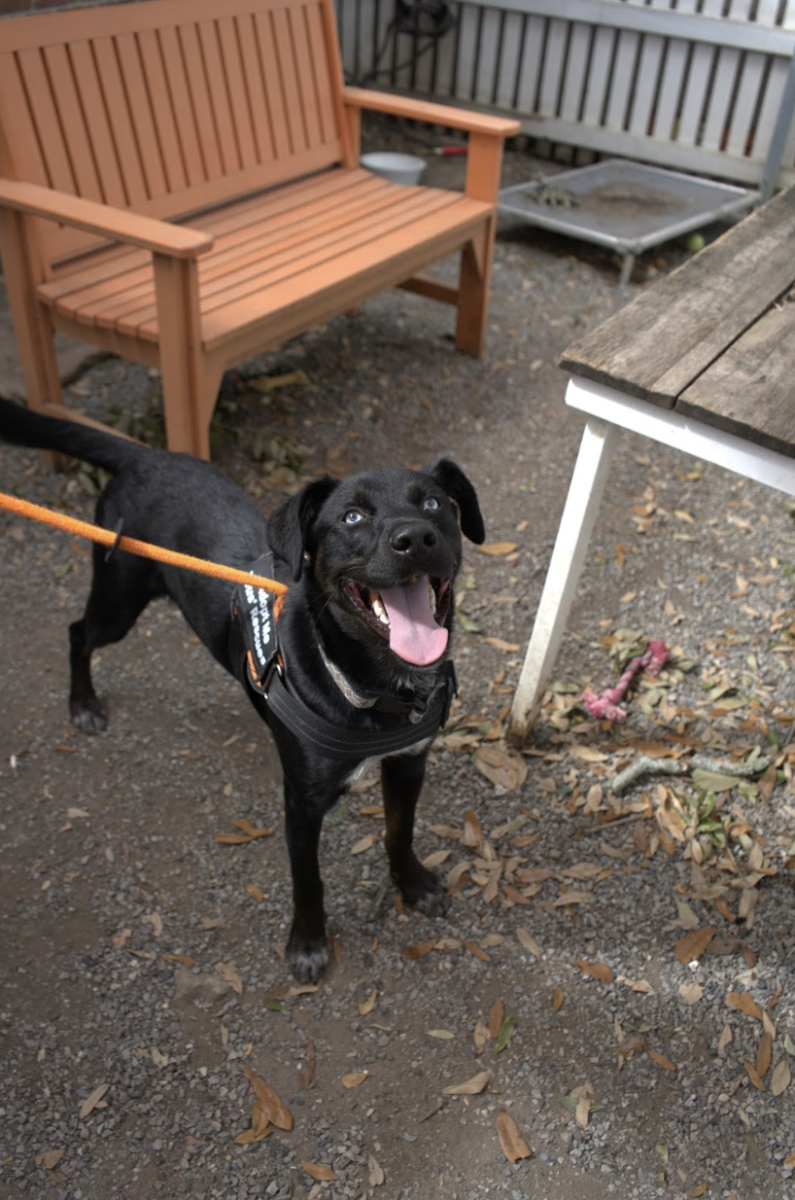By Issac Seessel
Former Loyola student
“40+ Alternatives to Help You Stop Using Ablesist, Homophobic, and Racist Phrases,” “14 Things Never to Say to a Gay Man,” “9 Things to Never Say to Someone Who Is Gender Queer.” These types of articles, focusing on what not to say, litter my Facebook newsfeed. Within the activism scene at Oberlin College, perhaps the most liberal place in America, there is a large focus on the language you use. This is called linguistic activism.
The premise is as follows: according to postmodern philosophers, such as Derrida and Dechaussure, language does not simply describe the world, but instead shapes it. For example, the pronouns he and she do not reflect natural and unchanging gender categories of men and women, but instead creates the gender categories themselves. Men and women, for postmodern thinkers, are not self-evident categories, but are instead enforced by the language we use. In short, because we use the words he and she, the categories of male and female exist. It is not the other way around. These are all things I have learned in the classroom while at Oberlin College. While certainly present at Loyola University, these ideas are taken to an extreme at Oberlin College.
Theoretically, I agree one hundred percent with this analysis. Surely, our language shapes the world around us. As a gay man, when someone in my poor, rural Southern family tells me “I’m sure all the girls are after you,” it undoubtedly reinforces the belief that all men like women. This does sting. But is this intellectual and academic focus on language the most beneficial form of activism?
In the winter of 2016, I worked at the New Orleans AIDS task force on the Transgender Health Initiative at Cresent Care. My main job was to make the intake form gender neutral, so as not to assume someone’s gender identity. Like in the classroom setting, I was again focusing on language. Why weren’t we going and reaching out to transgender individuals on the street? Do the most marginalized individuals really care about the language we use? As a privileged, white, educated, cisgender man, I cannot completely answer this question, but my best guess is no. When a poor, black transgender woman is being beaten in Mid-City because of her gender identity, or a poor, white veteran cannot afford his next meal, the last thing on his or her mind is what words we use from the ivory tower of Oberlin–or Loyola–to describe them. Language does matter, but I believe we must re-focus our efforts and emphasis on concrete action.













